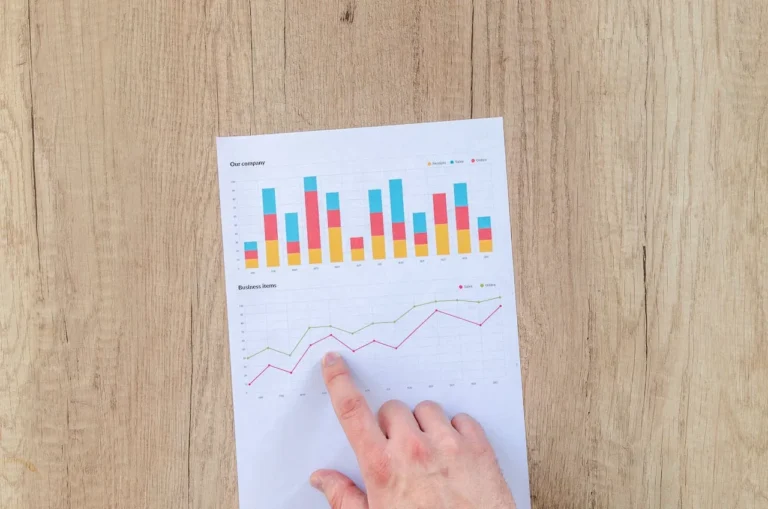
Investors Find Relief in French Election Gridlock
Investors breathed a sigh of relief as the French elections yielded no clear winner, easing concerns of drastic policy shifts amidst a government deadlock.
French stocks saw a modest rise on Monday, mirroring gains across European markets, while bonds and the euro experienced minor fluctuations. Although benchmark bond spreads remain wider post-election, reflecting ongoing apprehension over national debt, recent tightening suggests diminished prospects for extensive spending plans from either the far right or left.
The CAC 40 Index rebounded by 0.4% after an initial dip, while French bonds remained stable with the 10-year yield holding at 3.2%. The euro, after a week-long rally, stabilized near 1.084 against the dollar.
“Investors anticipate limited radical reforms,” remarked Alexandre Hezez, Chief Investment Officer at Group Richelieu. “Structural spending reforms are unlikely, maintaining the wide spread on French debt. However, this scenario implies minimal disruption for other asset classes.”
Sunday’s final round of voting confirmed prolonged political negotiations ahead, prompting investors to assess potential outcomes. A left-wing coalition emerged dominant in the lower house but lacks an absolute majority, positioning President Emmanuel Macron’s group and Marine Le Pen’s National Rally in secondary roles.
While market concerns initially centered on a Le Pen administration, the left’s ascendancy introduces a fresh wave of uncertainty for the eurozone’s second-largest economy. Yet, the absence of an outright majority for the left coalition may be viewed positively by some investors, potentially limiting policy changes.
The yield spread between French and German 10-year bonds, a gauge of credit risk, currently hovers around 65 basis points, lower than recent peaks during market turbulence.
“A government unable to take decisive action might not be detrimental,” noted Edgar Walk, Chief Economist at Metzler. “This scenario could mitigate fears of policy reversals or excessive fiscal stimuli.”
As France navigates political gridlock, investors remain cautiously optimistic amid evolving market dynamics and potential implications for economic stability.







